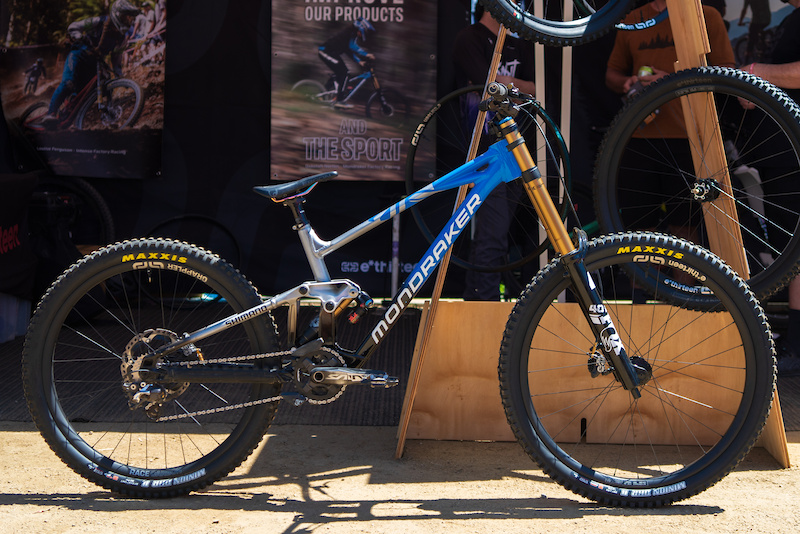Tech
Google Pixel 7a Makes A Cameo With Tensor G2 And A 6.1-Inch OLED Screen
|
|
Leaked images of the upcoming Google Pixel 7a smartphone have emerged, as well as some of the specs it will presumably ship with. Google’s Pixel 7a is expected to launch just before summer, 2023.
It is not unusual for images and expected specs to be leaked ahead of a smartphone release, especially when it comes to Google’s Pixel lineup. So, it is no surprise that as the announcement of the Pixel 7a nears, more leaks would be emerging. This time around, leakster Gadgetsdata has posted a few tidbits of what he says can be expected, along with a few purported photos of the device itself.
In the tweet, Debayan Roy (Gadgetsdata) shares three images of what he states as being the Pixel 7a. The backside of the phone shows the dual camera array, while the two front-facing images appear to show some of the phone’s specs.
As for the leaked specs, they do seem to line up with what one would expect. The screen is said to be a 6.1-inch, FHD+ OLED with a 90Hz refresh rate, an improvement over the 60Hz panel that came with the Pixel 6a.
The Pixel 7a will also come with the upgraded Google Tensor G2 processor that shipped with the Pixel 7 and 7 Pro, along with an unspecified amount of LPDDR5 RAM.


The backside of the phone looks much like the Pixel 7, with Google’s camera bump that spans horizontally across the back of the device and a dual camera array. It is purported to include a 64MP Sony IMX797 and a 12MP Ultrawide camera. This would be a nice upgrade from the cameras found on the Pixel 6a.
Perhaps one of the more intriguing leaked specs is that it is said to also include 5W wireless charging, which both the 7 and 7 Pro include, but was missing from the Pixel 6a. Having a wireless charging experience, along with Google’s 24+ hour battery life could be enough for some to upgrade.
One thing that is still a bit of a mystery is where the Pixel 7a will fall pricewise. If past pricing is any indicator, it should come with a starting price of about $450. This would place it $100 cheaper than the Pixel 7 and in line with the launch price of the Pixel 6a last year. If the leaks hold true, it could be a nice upgrade for those with an older Pixel phone and who don’t need the larger screen and added bells and whistles of the Pixel 7 and 7 Pro.





Tech
Downhill Bikes of Sea Otter – Part 2


|
|
@juanhall: I gotta say, this was the most interesting bike in this post….love that Intense is experimenting with gearboxes…I can see it have a huge effect on DH bikes….thank god there’s still people pushing things. Now, they need to make an Enduro bike with the Pinion MGU!





Tech
Important updates regarding the Bob-Birnie Arena


|
|
The City of Pointe-Claire would like to inform you that the Bob-Birnie arena will be closed for its annual maintenance as of Monday, April 29. The Annex rink will reopen to the public on Monday, May 13, and the arena’s Main rink will be accessible as of Monday, June 3.
Public skating will resume on May 13, and the summer public activities programming will begin on June 3 when both rinks have reopened to the public.
In addition to the annual maintenance of the facility, two renovation projects are also scheduled to start at the same time:
Installation of new sound systems
The City will be replacing its current sound systems in both the Main rink and Annex rink, to offer arena visitors a better overall experience, whether watching from the stands or participating in on-ice activities. This project is expected to be conducted throughout the month of May.
Renovation of locker rooms in the Main Rink
The City will also be renovating the five locker rooms located in the Main rink, to bring up to date the amenities currently available to participants. These renovations are expected to begin in early May and will be completed by mid-August.
For all information about the Bob-Birnie arena, visit the arena’s page on our website.





Tech
Surprise Apple Event Hints at First New iPads in Years – CNET
We haven’t seen a new iPad in years, but Apple seems likely to change that in just a few weeks. All signs point to the release of new iPad models in the first week of May.
Apple CEO Tim Cook posted this GIF for the virtual event to X on Tuesday morning.
This morning, I received an email invite for a virtual Apple event, scheduled for May 7 at 7 a.m. PT (10 a.m. ET). The invite, which says “Let Loose,” shows a drawing of a hand holding an Apple Pencil. Considering the iPad is the only device that uses the Pencil — that doesn’t leave much to the imagination.
Apple’s been expected to release new OLED-screened iPad Pros with newly designed Pencils and Magic Keyboard cases. New iPad Airs are also expected, including a larger-screened 12.9-inch model. Apple’s iPad Air lineup tends to be slightly redesigned versions of previous-model iPad Pros, so just look to the M2 iPad Pro lineup for a sense of what the next Airs could be. These would be the first new iPads since the iPad Pro M2 model arrived in late 2022.
Watch this: What to Expect at Apple’s May 7 iPad Event
02:55
-



 Health18 hours ago
Health18 hours agoRemnants of bird flu virus found in pasteurized milk, FDA says
-
Art23 hours ago
Mayor's youth advisory council seeks submissions for art gala – SooToday
-



 Health22 hours ago
Health22 hours agoBird flu virus found in grocery milk as officials say supply still safe
-
Art18 hours ago
Random: We’re In Awe of Metaphor: ReFantazio’s Box Art
-



 Investment22 hours ago
Investment22 hours agoTaxes should not wag the tail of the investment dog, but that’s what Trudeau wants
-
News14 hours ago
Amid concerns over ‘collateral damage’ Trudeau, Freeland defend capital gains tax change
-
News22 hours ago
Peel police chief met Sri Lankan officer a court says ‘participated’ in torture – Global News
-
Art23 hours ago
An exhibition with a cause: Montreal's 'Art by the Water' celebrates 15 years – CityNews Montreal




